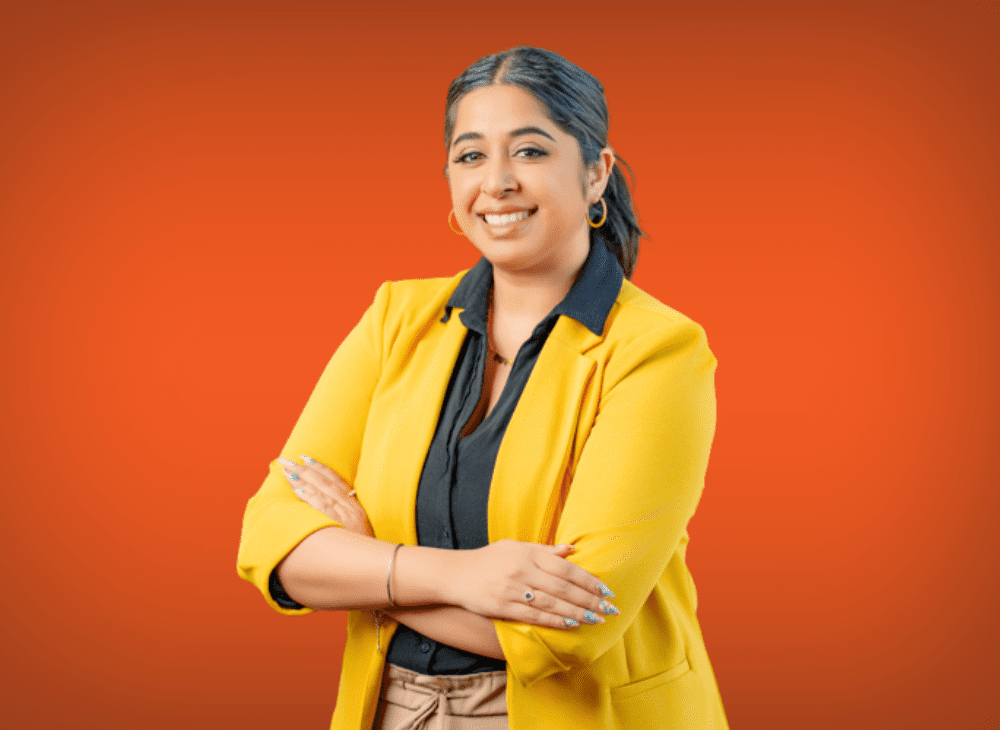Melody Mann is a PhD student in Sociology at the University of Maryland, College Park. She is a member of Health Policy Research Scholars Cohort 2024.
Tell us a little bit about yourself! What’s the story behind your research interests and why you’re doing the work you’re doing?
Growing up as a Punjabi American navigating the school systems, I saw firsthand how the lack of cultural sensitivity and inclusion in education, outreach services, and supports can detrimentally impact a child’s development and learning (and how this further effects the family). My research stems from lived experience and professional observations as a former classroom teacher. I am doing the work and research I am engaged in to create a more holistic representation of students from diverse backgrounds, particularly Punjabi students, in education (general and special education).
For people who may be unfamiliar with your research area, what’s a piece of information that’s important for them to understand?
Disabilities are not always visible, there are many modalities to ability levels throughout a student’s diagnosis to their socializations. Studying this topic amongst culturally diverse families is important because racially minoritized students receive education and interactions in a different light than the majority learner.
How do you envision your research contributing to health equity?
I envision a world of health equity that does not ridicule or ostracize an individual based on their ability, linguistic, cultural, and religious/spiritual background. I envision a culture of health that holistically creates space for all learners across systems.
Beyond your current research, do you have any long-term goals within your field that you’d like to pursue?
I would like to pursue an avenue of research production to serving as a family consultant (in some capacity) to represent and advocate for individuals navigating federal and local law. Further, I would like to engage in nonprofit work as well around the field.
How do you see HPRS complementing your doctoral training and supporting your development as a change agent for health equity?
HPRS provides me the scope, lens, and support to see this vision through. It provides a space to network with like-minded individuals to learn from their work and fields to cross-pollinate this with my work. This union fosters a holistic vision which aligns with my goals.
What aspect of the HPRS program most excites you, and how do you hope to grow as a scholar through this experience?
I am excited about partaking in the coursework to learn more from my peers. The winter/summer institutes also excite me because it reminds me of my “why” for beginning this journey in higher education.
What advice would you offer to aspiring researchers looking to do work that advances health equity and challenges structural barriers to health?
Stay authentic to your identity without the need to conform to what you perceive those in power would want of you. The world needs genuine representation – which is you!
If you could have dinner with any change-maker (past or present), who would you choose and why?
I would have dinner with Malcom X, to better understand his ideology and thought process given the times. Seeking advice for how to proceed in present times.
What’s a book, movie, or podcast that has profoundly shaped your thinking about health equity or social change?
Educated by Tara Westover; this book moved me to tears with its ability to speak to the privilege we often mistake education to be. It showcases the resilience of rising above your status and region to see your dreams through. A practice of gratitude.
Outside of your research, what’s one activity or hobby that helps you maintain your own wellbeing?
I love poetry. Poetry, pen-paling, and journaling keep me afloat. I also love to cook!

